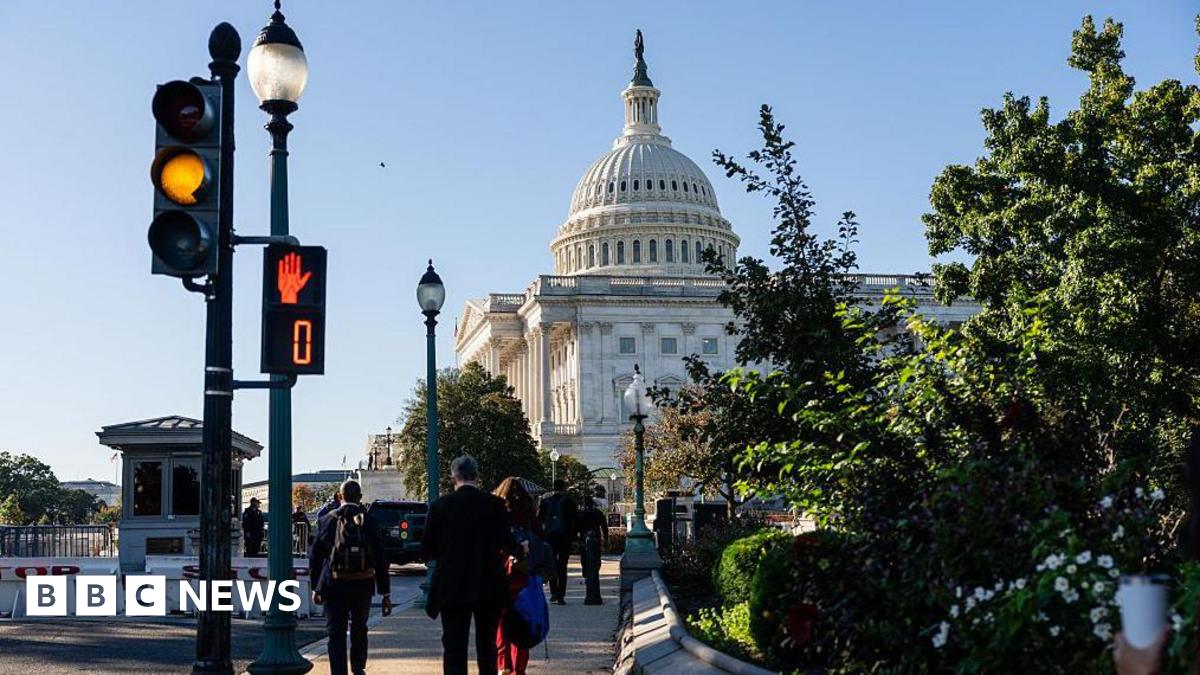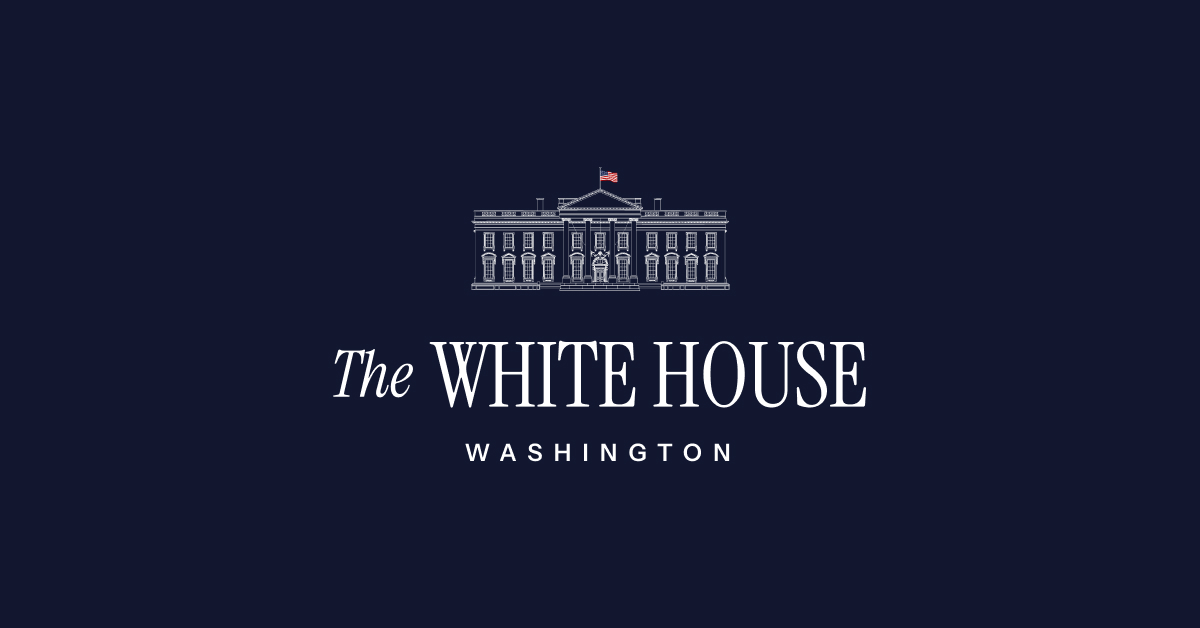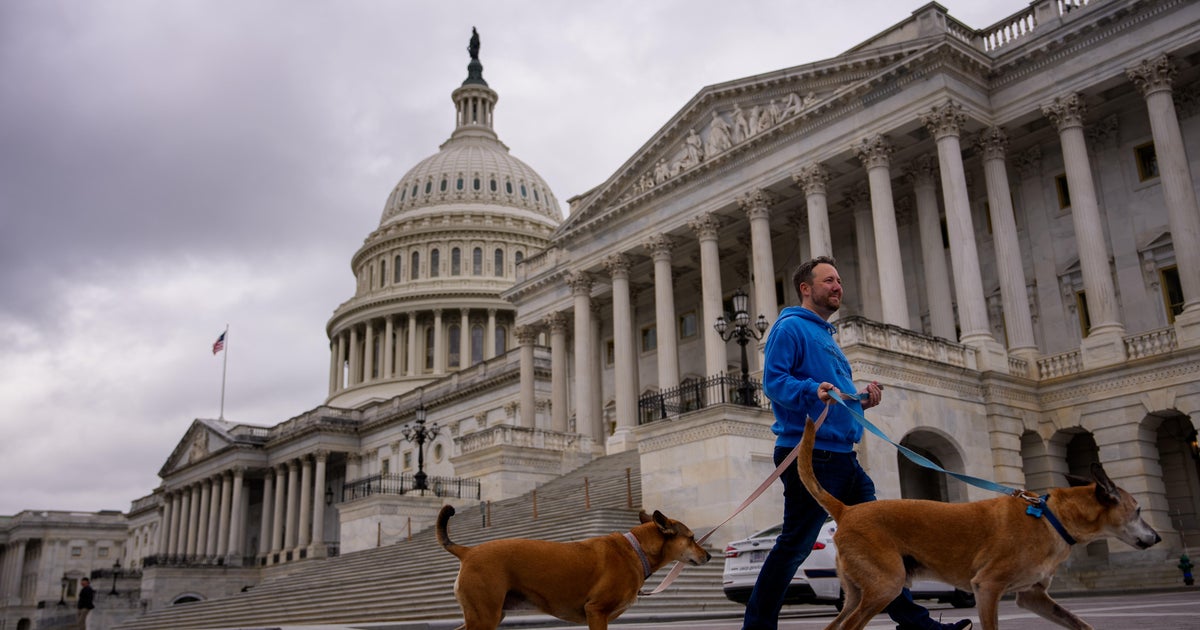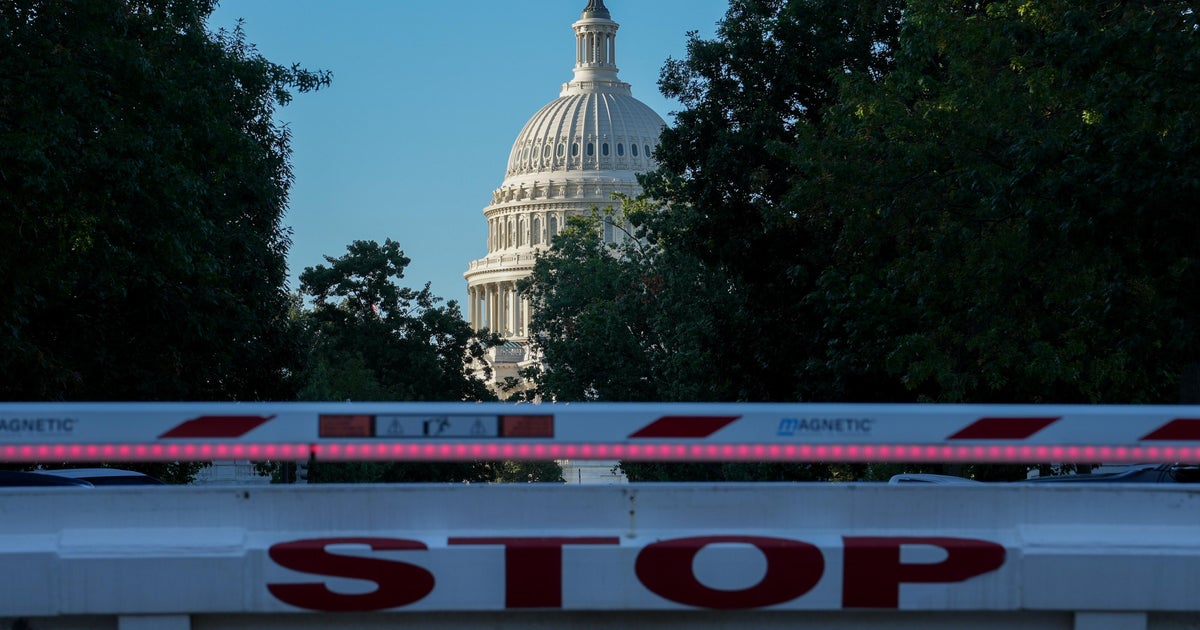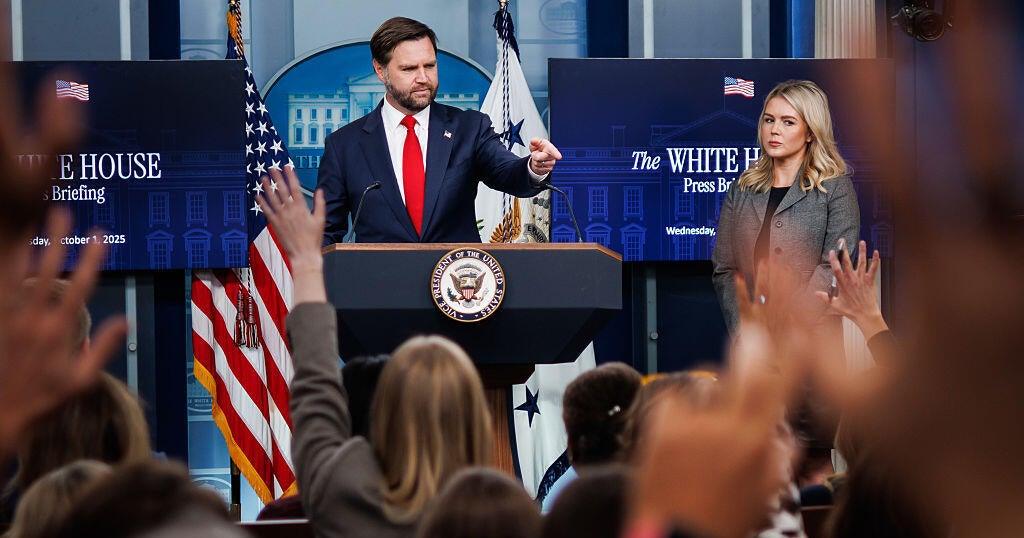Government Shutdown Enters Day 24: Economic and Operational Impacts
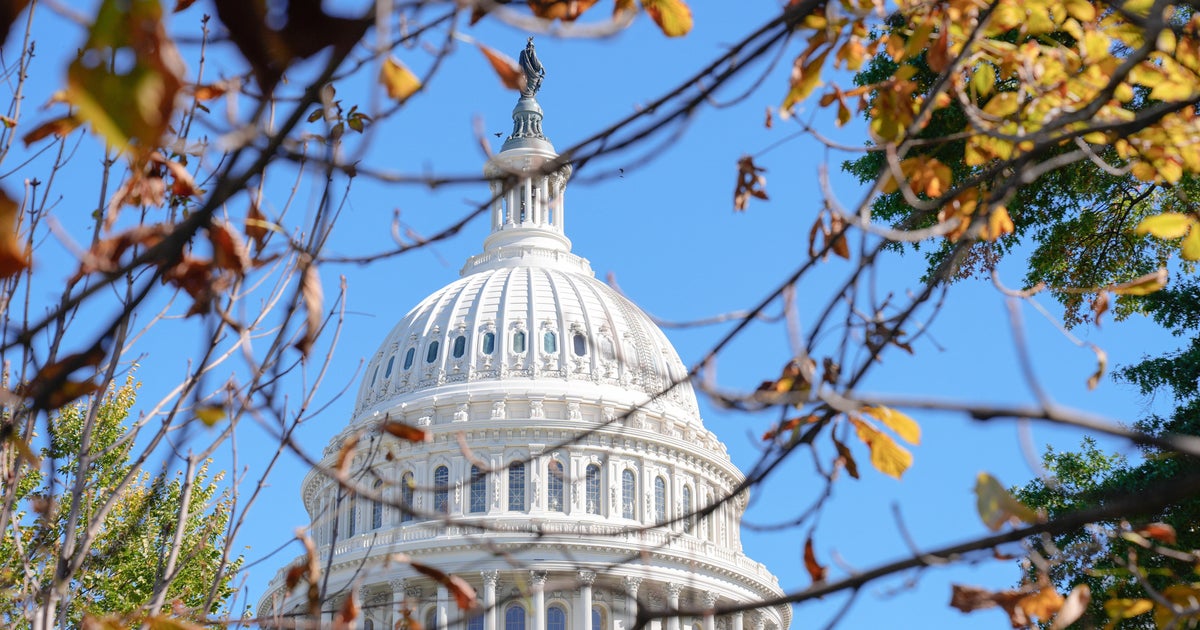
Government Shutdown Enters Day 24
The government shutdown continues into its 24th day with no resolution in sight as the Senate adjourns for the weekend. The impasse remains rooted in disagreements over funding priorities, notably healthcare subsidies and Medicaid cuts, delaying a continuing resolution to reopen federal agencies.
Impact on Federal Operations and Economy
Approximately 750,000 federal employees face furloughs, with agencies like the IRS reducing workforce by nearly half. The Congressional Budget Office estimates the shutdown costs the economy about $400 million daily. Essential services are maintained selectively, but prolonged closure risks broader economic disruption.
Political Stalemate Persists
Efforts to pass a stopgap funding bill have stalled as Democrats demand extensions of Affordable Care Act subsidies, while Republicans push for fiscal constraints. With both sides holding firm, the deadlock shows no immediate signs of breaking, leaving millions reliant on government services in uncertainty.
About the Organizations Mentioned
Congressional Budget Office
The **Congressional Budget Office (CBO)** is a nonpartisan federal agency established in 1974 by the Congressional Budget Act to support Congress in budget and economic policy matters. Its core mission is to provide objective, impartial, and professional economic and budgetary analysis to help lawmakers make informed decisions about fiscal policy. The CBO serves as an independent alternative to the executive branch’s Office of Management and Budget, ensuring Congress has its own reliable data and projections[1][2][3][7]. CBO’s primary responsibilities include producing formal cost estimates for nearly every bill approved by congressional committees and publishing key reports such as the annual *Budget and Economic Outlook*. This flagship report offers baseline budgetary and economic projections over a 10-year horizon, assuming current laws remain unchanged. The agency also conducts analyses of the economic impacts of proposed federal spending and tax policies, aiding Congress in understanding long-term fiscal effects and budget deficits[1][3][5]. Since its inception, the CBO has become a critical institution in the U.S. budget process, recognized for its rigorous methodology and nonpartisan stance. It employs experts in economics and public policy who draw on a wide range of data, forecasting models, and external expert advice to maintain accuracy and credibility. The agency has adapted to the digital age by enhancing its publication and digital media divisions to better communicate its findings to both legislators and the public[3]. Currently, the CBO continues to provide vital analysis amid complex economic conditions, such as assessing the federal deficit, tax revenue changes, and spending trends. It remains strictly neutral, never making policy recommendations, but offering transparent methodologies that underpin its analyses[5][7]. For stakeholders in business and technology news, the CBO’s work is essential for understanding how fiscal decisions may influence economic growth, innovation funding, and federal investment priorities.
IRS
The Internal Revenue Service (IRS) is the United States federal government's tax collection agency responsible for administering and enforcing the Internal Revenue Code, the primary body of federal tax law. Established originally as the Office of Commissioner of Internal Revenue in 1862 to fund the Civil War, it evolved into the Bureau of Internal Revenue in 1913 following the ratification of the Sixteenth Amendment, which authorized income tax. In 1953, it was renamed the IRS and has since undergone significant reforms[2][5]. The IRS's core functions include **tax collection**, **enforcement of tax laws**, and **taxpayer assistance**. It collects trillions in revenue annually, processing over 271 million tax returns in the fiscal year 2023 alone and conducting hundreds of thousands of audits that resulted in billions of dollars in additional tax assessments[3]. The agency enforces compliance by investigating tax fraud and imposing penalties, while also providing services to help taxpayers understand and meet their tax obligations[1][3]. Organizationally, the IRS operates under the Department of the Treasury, led by a Commissioner appointed for a five-year term. It is structured around two main components: the Deputy Commissioner for Services and Enforcement, and the Deputy Commissioner for Operations Support, ensuring efficient tax administration and support functions[6][7]. The statutory authority for the IRS comes from the Internal Revenue Code and the Treasury Secretary's delegated powers[3][4]. Notably, the IRS has adapted to technological and legislative changes, including administering benefits related to the Affordable Care Act and implementing strategic plans like those under the Inflation Reduction Act to modernize its services and improve taxpayer experience[3][5]. The agency also emphasizes taxpayer rights and transparency, guided by the Taxpayer Bill of Rights. In summary, the IRS plays a vital role in funding the U.S. government through tax collection, enforcing compliance fairly, and evolving with technological and legal landscapes to meet modern demands. Its history, scope, and ongoing reforms make it a critical institution
